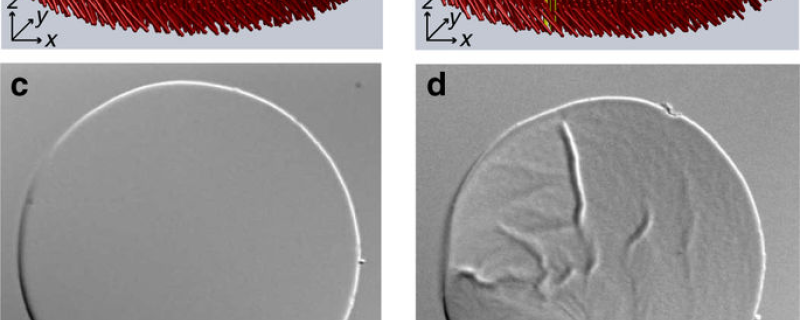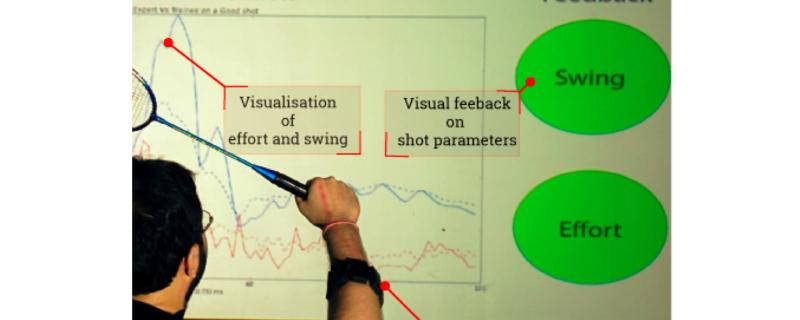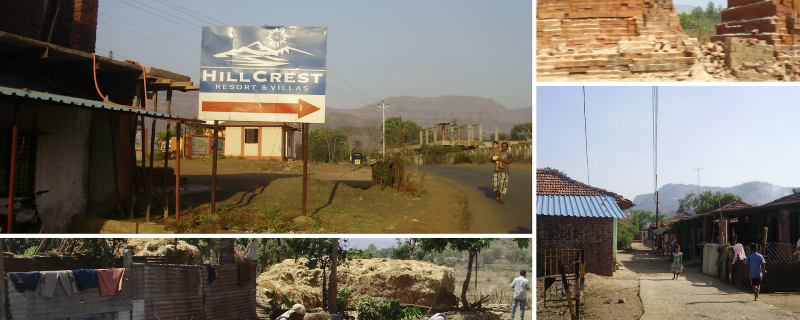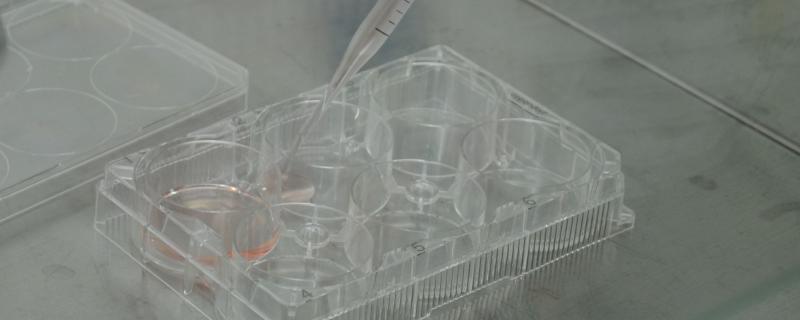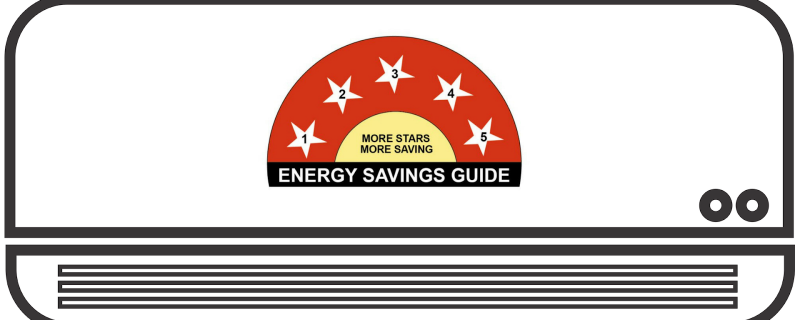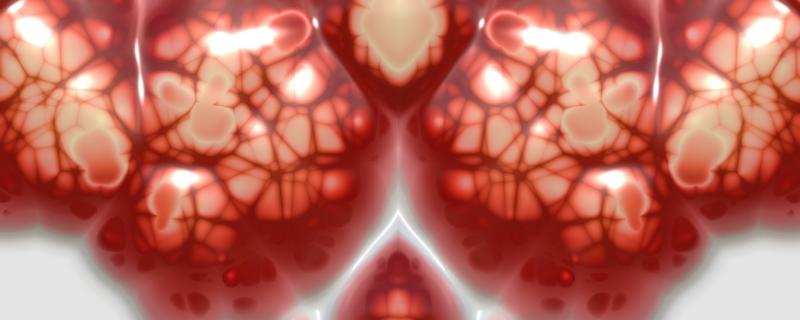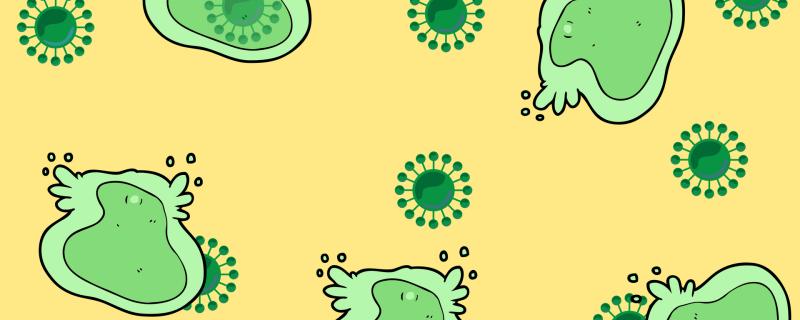Researchers from the Indian Institute of Science (IISc), Indian Institute of Technology Bombay (IITB) and the Raman Research Institute (RRI) have investigate how materials undergo such deformations, and how they can be controlled to manufacture materials with the desired properties.
Researchers find early warning signs of diabetic kidney disease and pave the way for personalised treatment.
Mumbai/

